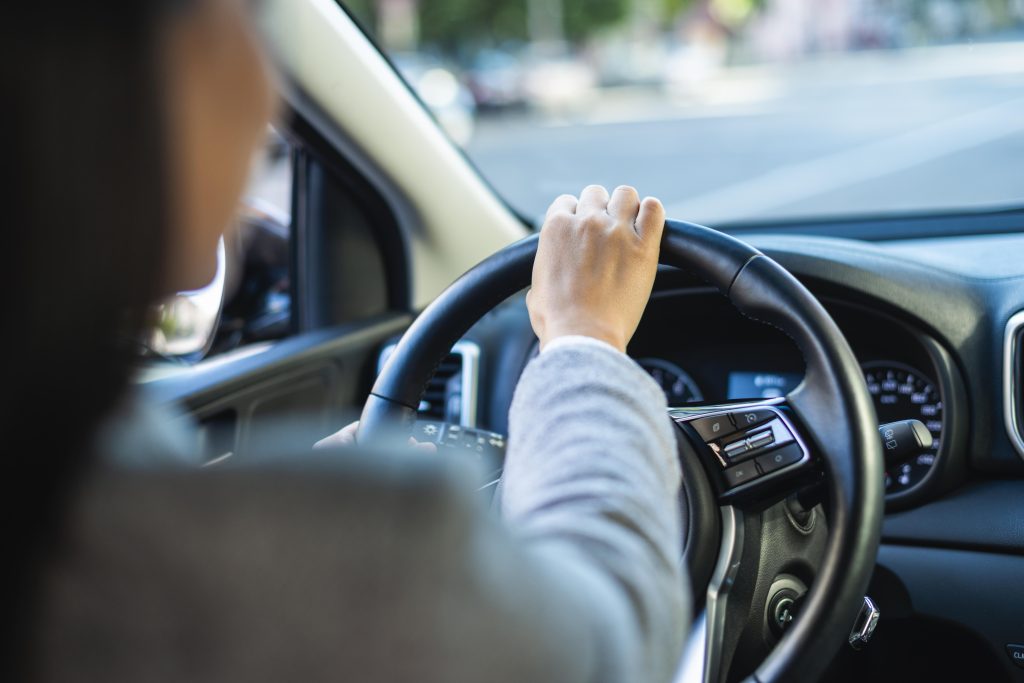Driving under the influence, simply known as DUI, is an offence for impaired driving. Drivers should always be alert when operating their vehicles, and this means driving sober. Even if you’re out celebrating success with friends and work colleagues, or you’re at a party as the designated driver, you need to know your limits and avoid being charged with a DUI. If you are facing such charges, seeking help from a criminal solicitor in London is essential for navigating the legal process.
#1 Alcohol consumption
Alcohol is the leading cause of people being charged with impaired driving. When exceeding the alcohol limit, the chances are that you’re not mentally and physically accurate with judgment on the road.
Drivers with alcohol in their system may feel fine to drive but can’t judge how their intoxication affects their performance on the road.
Each state has a different alcohol limit, and some have zero tolerance.
#2 Drugs use and cannabis
Alcohol is not the only culprit when people are charged with impaired driving. Smoking or eating cannabis products can influence your ability to drive safely. The same applies to drug use and driving. For those facing drug-related charges, consulting a drug solicitor can help protect your rights.
When the body takes in other toxins and chemicals, it changes the brain, nervous system, and body function. Your judgment on the road may seem fine to you, but you could be missing many details and could pose a risk to other drivers. In such challenging times, a drug offence solicitor can provide the necessary legal support.
#3 Charged with a DUI without driving intoxicated
Some states and countries charge people for being intoxicated in a vehicle even when they don’t intend to drive. If a passenger has had too much to drink or is under the influence of drugs, they could pose a risk or be a distraction to the vehicle’s driver. The driver may be concerned about their intoxicated passenger and fail to focus on the road.
#4 Medication use and driving
Using prescription and non-prescription medication that leads to drowsiness is not a good idea. While not all medications may lead to sleepiness, they may affect muscles, brain function, and the nervous system.
Just like other drugs, medication may make you feel as though you’re fine to drive. When the truth is, you’re a risk on the road. A law enforcement officer may pull the driver over if they think that the driver is under the influence. They could ask about medication use and history and could potentially charge the driver. In cases like this, understanding the role of a crime lawyer can be beneficial for your defense.
#5 Driver refuses a test
One of the worst things a driver could do is refuse to take a test when pulled over and asked to do so. This not only gives rise to suspicions but also tells the officer that the driver is under the influence since they are refusing the test.
The consequences of DUIs
Some DUI penalties include a $550 fine, $280 license reinstatement fee, a 90-day license suspension, and a 7-day impounded vehicle.
If a driver continues to violate the law, their license suspension may be increased. Some drivers have to complete before being able to drive again, such as compulsory safety driving lessons. The law monitors the offender via a device fitted to the vehicle, which will tell if there was an attempt to drive the car.

